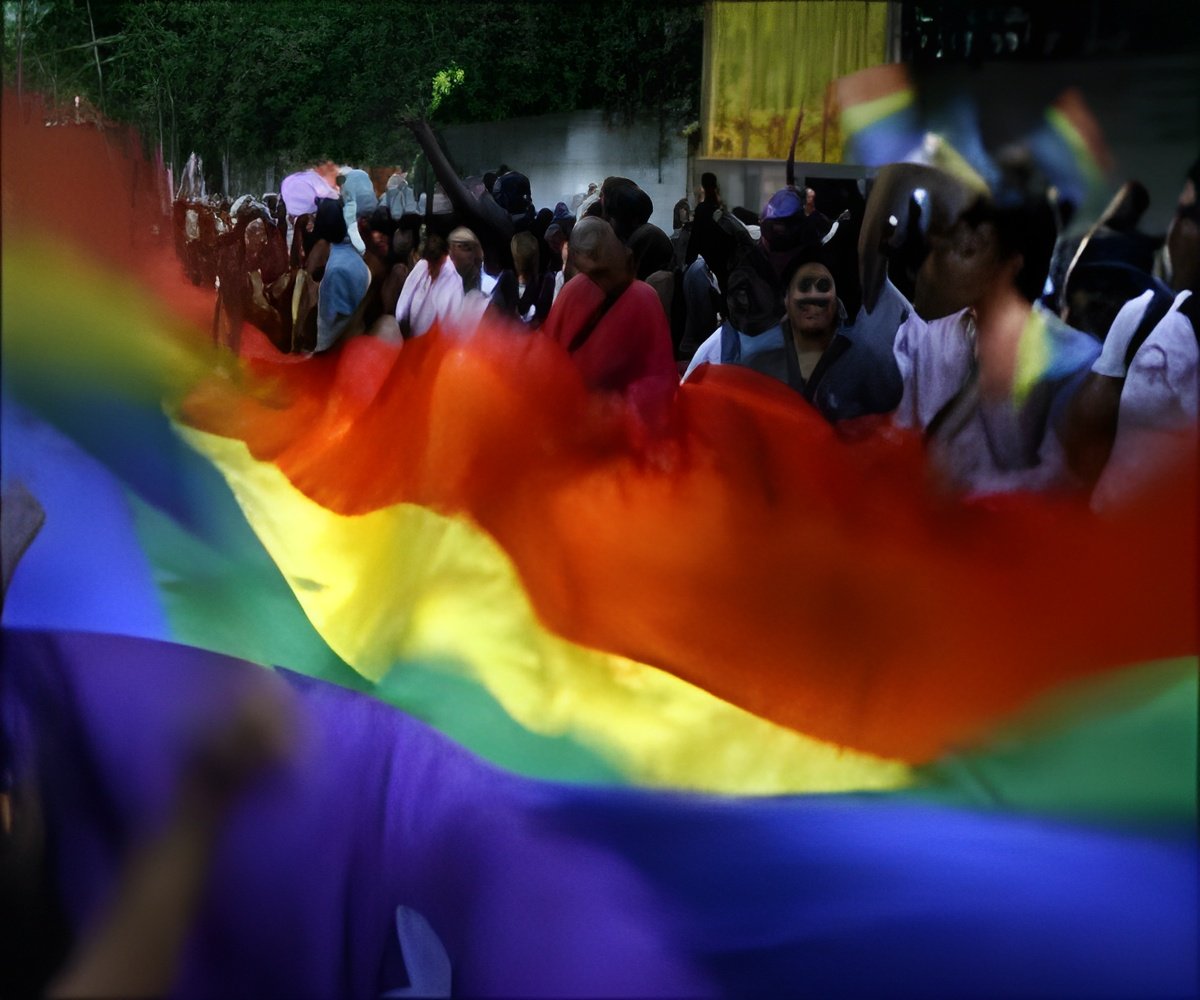
‘Gay and lesbians reported about twice the rates of anxiety and mood disorders compared to heterosexuals.’
Tweet it Now
"Often gay, lesbian and bisexual people are grouped together in studies, but we found there are important differences in their reported health," said lead study author Basia Pakula from University of British Columbia's school of population and public health in Canada. "These findings are extremely useful because this information has not been available for us in Canada until now," Pakula added in the paper published in the American Journal of Public. The team analysed more than 220,000 Canadian participants between 2007 and 2012.
The results showed that gay and lesbians reported about twice the rates of anxiety and mood disorders compared to heterosexuals. For bisexuals, the rates were nearly four times those of heterosexuals and approximately twice the rates of gay or lesbian respondents.
While this study did not look at the causes of anxiety and mood disorders in this population, an extensive body of research suggests that these people experience chronic stress related to prejudice and stigma, Pakula noted.
People often turn to substances like alcohol to cope with ongoing stress. Any health interventions aimed at helping people deal with stress and anxiety or mood disorders should also address the unique needs of the population, the authors stated.
"Bisexual people often face a double stigma from within heterosexual and gay or lesbian communities and lack needed supports," Pakula explained. The study's findings can be used to plan and allocate resources for health services that better respond to the issues facing these groups, the researchers suggested.
Source-IANS















